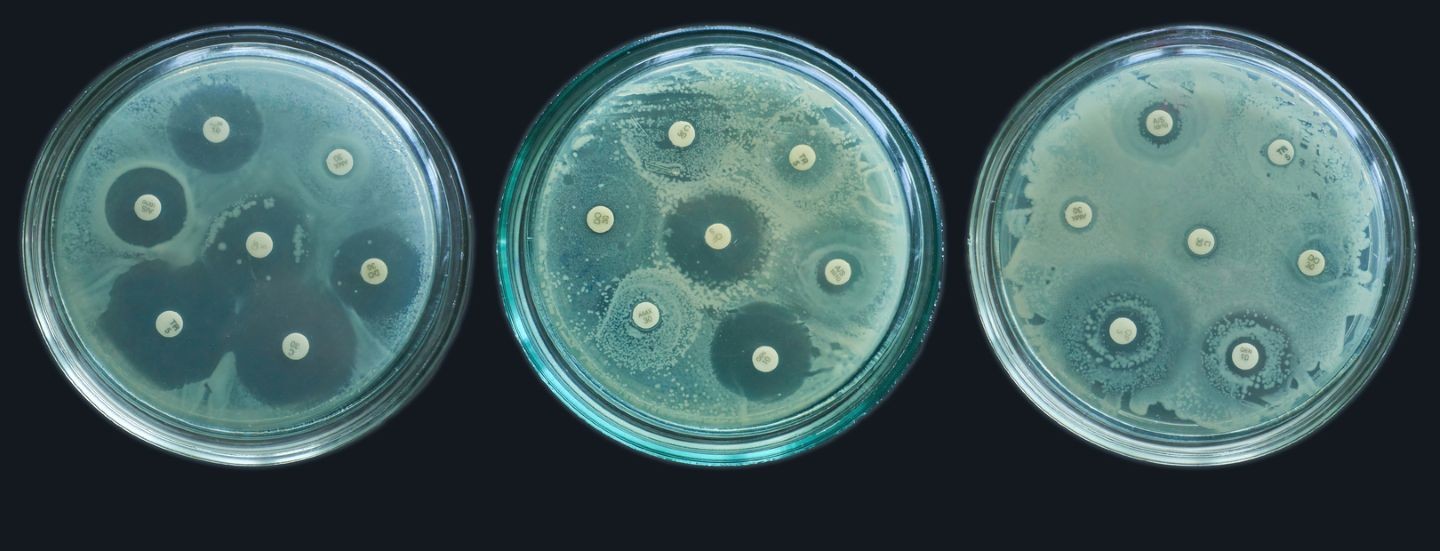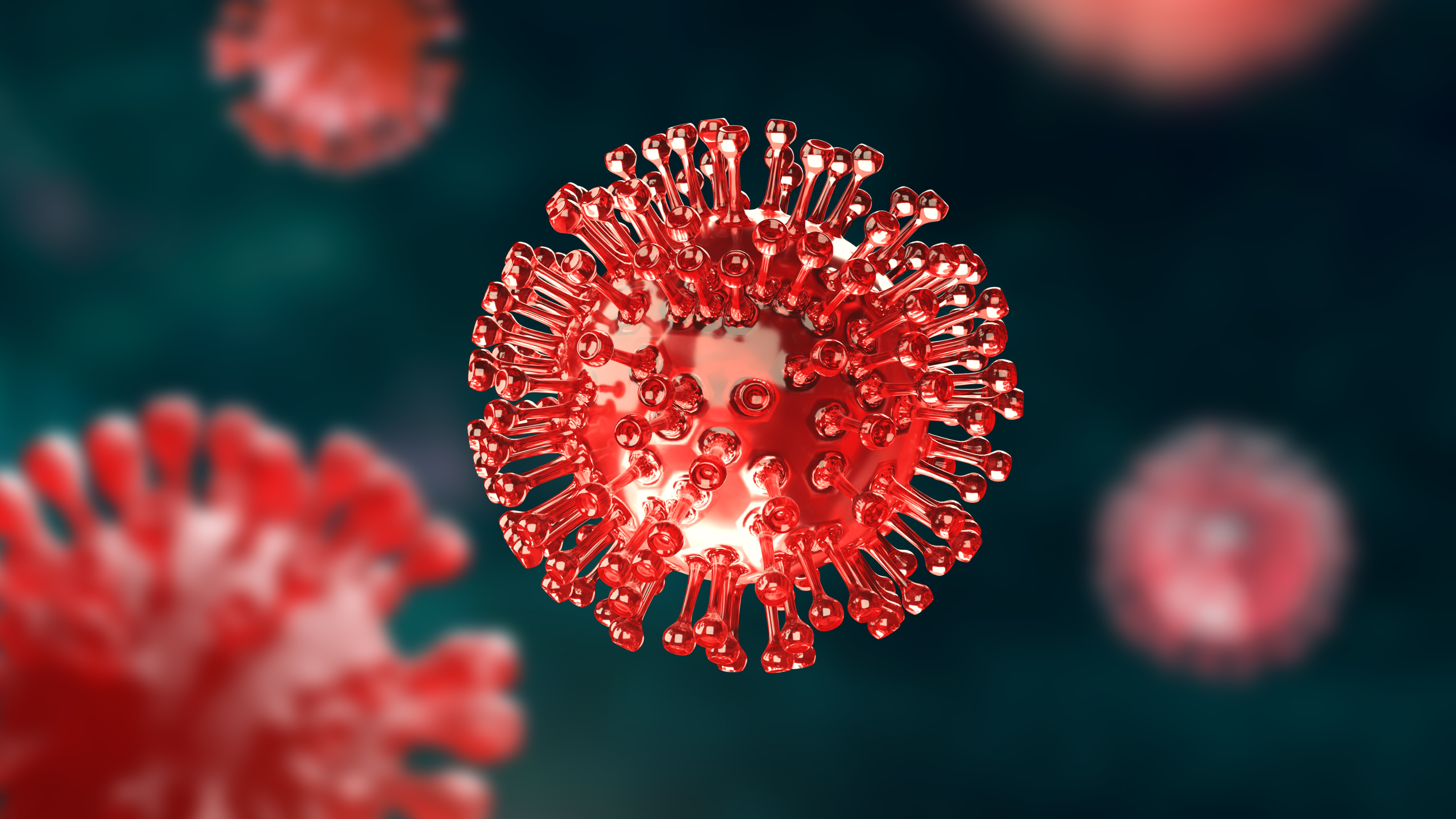
See Lek Chew | June 2025
Pancreatic cancer remains one of the most lethal cancers, even for patients who undergo surgical tumour removal. According to the American Cancer Society, the five-year survival rate is only around 13%. Existing treatments, including chemotherapy, radiation, targeted therapy, and immunotherapy, have shown limited effectiveness against this disease, highlighting the urgent need for new therapeutic approaches.
A recent early-phase clinical trial has demonstrated promising results for a personalized mRNA vaccine1 targeting pancreatic ductal adenocarcinoma (PDAC), the most common form of pancreatic cancer. The study involved 16 patients who underwent surgical tumour resection, followed by administration of the individualised mRNA vaccine designed to target specific neoantigens found in their tumours. The vaccine was found to be safe with no serious side effects and stimulated an immune response in half of patients.
We must be cautious about these findings. Not only was the trial very small, but it enrolled only people with better odds of survival (i.e. they had operable disease – many pancreatic tumours are found when they are too advanced to be operable). Vaccines were only offered to patients who remained without recurrent disease for a period after resection, further increasing the odds that those on the trial had relatively benign disease.
Even so, these findings suggest that mRNA vaccine technology, previously successful in COVID-19 prevention, may offer a novel therapeutic avenue for combating at least some subsets of patients with aggressive cancers like PDAC.
Reference:
1 RNA neoantigen vaccines prime long-lived CD8+ T cells in pancreatic cancer | Nature

See Lek Chew
Manager | Medical Analytics














.png)
.png)





















.png)